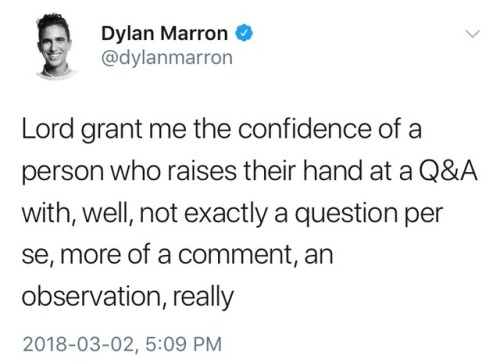I recently read Audre Lorde’s Sister Outsider: Essays and Speeches. I had always heard people talking about Audre Lorde, but I just never got round to picking up any of her material until now. It was quite the education; I loved it and would happily recommend anyone pick up her material. It’s not as dense as reading Toni Morrison (in that I was not checking the meaning of every tenth word) but just as sharp and piercing in her arguments.
General thoughts
- The emerging theme from the book is how do we get free / past the chains imposed because of our race, class, gender, or sexual orientation? Which remains a valid question today despite some of her writings being over 40 years old. Yes, there have been slight shifts, but I will be honest that as I read some of her arguments, it also felt like little had also changed.
- Her work definitely confirms that racism is the ultimate distraction.
- Having said that, some of her writing and thoughts made me very uncomfortable especially when I applied my true north, which is the Bible and so I wasn’t fully proselytised, but it was quite informative and challenged or refined some of my thinking.
From the specific essay titled Poetry is not a Luxury I loved the idea of poetry as giving language to experiences that are unique in a living way not the sterile way that forefathers previously considered. Her later work also talks of the low barriers to entry to writing poetry compared to say a novel that requires time, space and income while everyone can write a poem, perhaps not me, but certainly most people can.
The essay Man Child: A Black Lesbian Feminist’s Response blew my mind and particularly this quote on page 74:
The strongest lesson I can teach my son is the same lesson I teach my daughter: how to be who he wishes to be for himself. And the best way I can do this is to be who I am and hope that he will learn from this not how to be me, which is not possible, but how to be himself.
Another essay that spoke to me and I felt so deeply that I read it over days and not in one sitting was Eye to Eye: Black Women, Hatred and Anger. I love how she charts the anger that women feel – the source and how it plays out across various scenarios. Having done that so well, a part of me could understand why but I also struggled to understand why Black women then turn on each other, we don’t turn that anger outwards but at each other. Throughout the chapter, you certainly feel the anger, but it is so contained and well explained. She also talks of someone grieving the death of her mother and how sad she was that no one would see and love her as her mother did – her mother felt her, saw her, and loved her in her entirety. In one breath I felt my mom’s love and hoped that my daughter always the knows the same of me. Finally, from page 66, I loved this quote:
Mothering ourselves means learning how to be both kind and demanding in the teeth of failure as well as in the face of success, and not misnaming either.
I also loved the essay, The Master’s Tools Will Never Dismantle the Master’s House.




![Always Another Country: A Memoir of Exile and Home by [Msimang, Sisonke]](https://images-na.ssl-images-amazon.com/images/I/51v04F9NlyL._SY346_.jpg)




